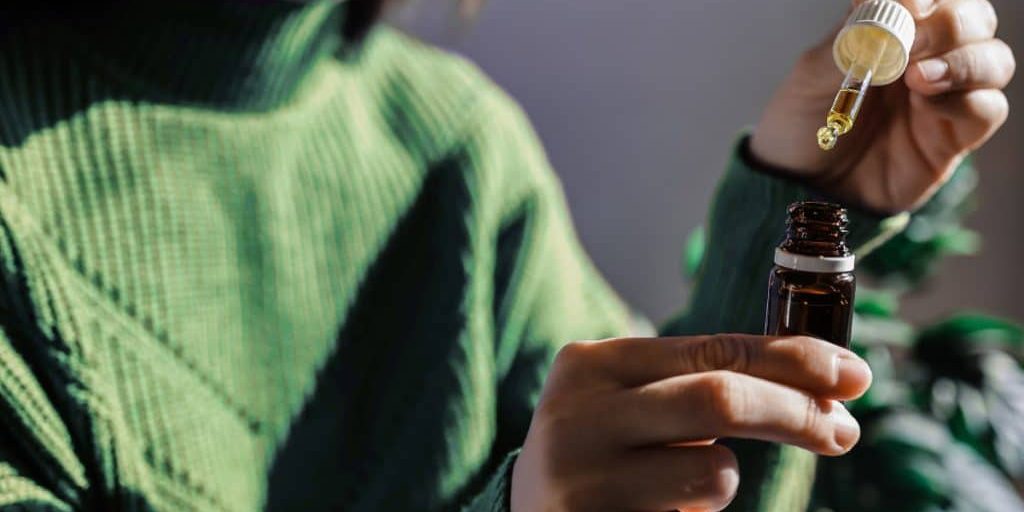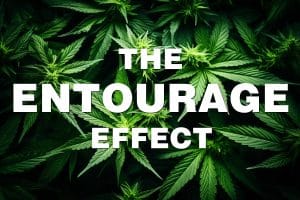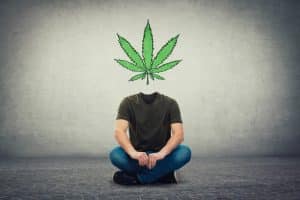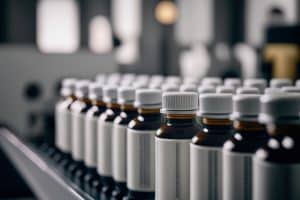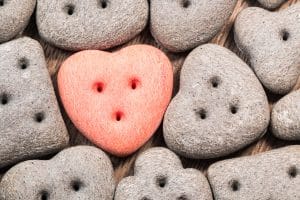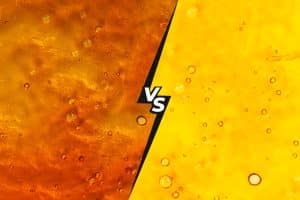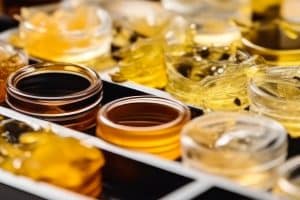Are you worried you’ve built a tolerance to CBD products over time?
Don’t be!
Decades of cannabis research studies in animals and people have found no proof of CBD tolerance development.
Still, some users report decreased effects and CBD not working after long-term use. If that’s been your experience, let’s take the first step to assess the reasons it may be happening.
If it isn’t CBD tolerance, what is it?
First, building up a tolerance to a substance means that, over time, you would need an increased dose to get the same benefits you had been getting. This phenomenon has been observed with many substances, from caffeine to common prescription medications.
But what appears to be resistance to CBD is usually related to other factors, like changes to the CBD product quality, inconsistent dosing, and physiological changes such as weight gain or hormonal changes.
Factors including metabolism, genetics, aging, and other health state changes may also affect how your system processes CBD. So, too, could over-the-counter drug products, prescription medications, or dietary supplements you’ve added to your wellness plan while taking CBD.
Continue reading for more about what it could mean if your CBD has lost its benefits.
Why did my CBD stop working?
Simple explanations for why your CBD stopped working include because it was stored improperly and CBD concentration has degraded over time, you switched formulas or brands recently, you may not be taking enough CBD per dose, or CBD administration does not occur often enough to reach the right cumulative dose each day.
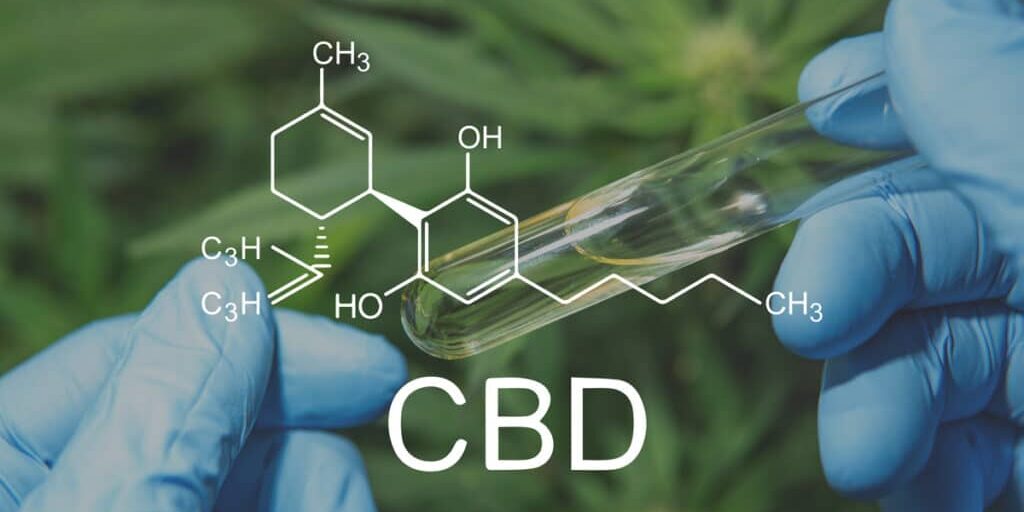
RELATED ARTICLE: How much CBD should I take?
After ruling out the simple potential causes, consider that your health condition may have changed over time. You might now require a higher dose CBD product or a new or different medical treatment option altogether.
Next, we’ll explore even more ways to deal with CBD oil tolerance.
7 ways to fix CBD tolerance effects fast
Suddenly feeling as though your favorite CBD is no longer working can be disheartening for many people and downright frightening for some. But don’t get swept up feverishly Googling things like, “Help! CBD not working!”
Keep reading because we’ve got seven ways to get your CBD Wellness Plan back on track if you’re experiencing signs of CBD tolerance.
Check the CBD lab test results
It’s possible the CBD product quality changed between batches. Check the lab testing results and make sure your CBD products contain at least the minimum amount of Cannabidiol stated on the label. Verify the lab test is for the correct formula by matching the lot number on the bottom panel of the box or bottle to the one on the lab tests.
Store your CBD properly
How you store CBD oil affects how long the natural cannabis medicines last. Exposing your CBD oil to direct sunlight, for example, could rapidly degrade the level of CBD and other minor cannabinoids.
CBD oil stored in a cool, dry place away from direct sunlight has a longer shelf life than CBD exposed to temperature fluctuations, humid environments, or UV light. Consider storing your CBD in the refrigerator to maximize its shelf life for one year or longer beyond its expiration date (depending on the carrier oil used to make it).
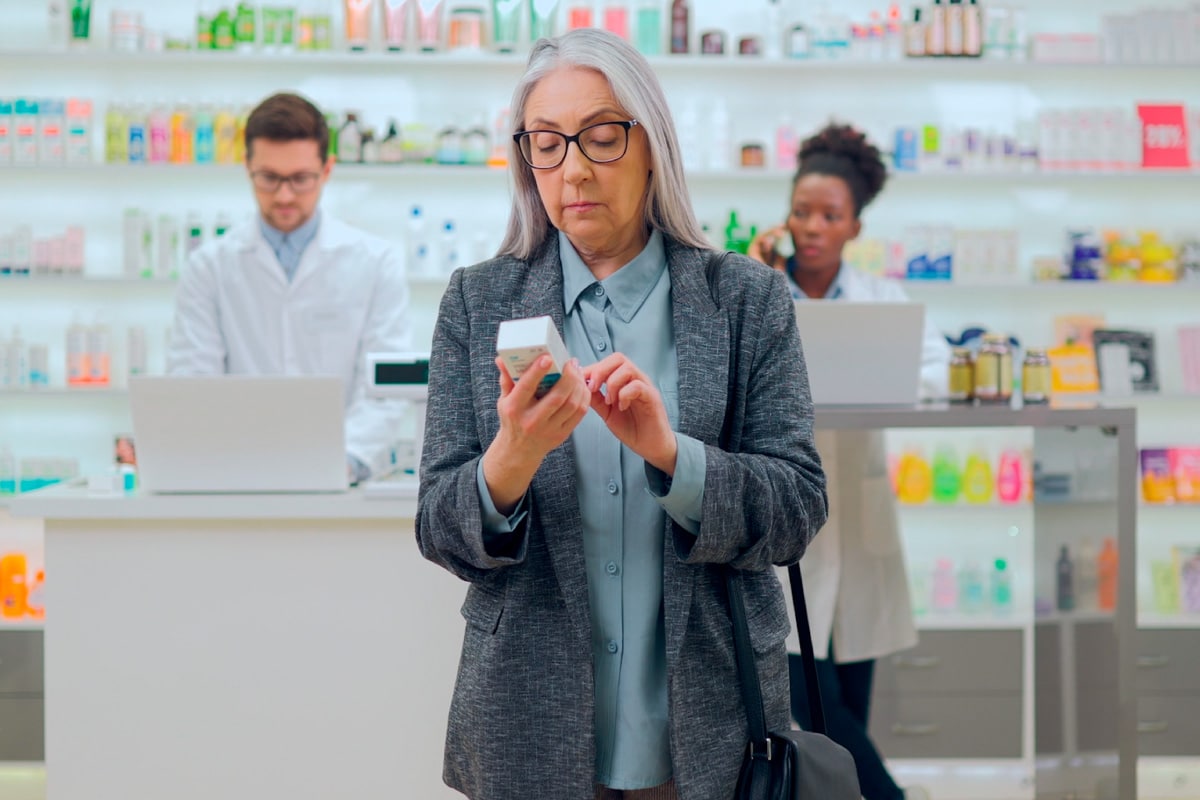
READ MORE: Tips for storing your CBD properly
Make sure you’re taking enough CBD
You are unique! So, how much CBD you take will vary from that of others. Finding the right amount of CBD you need daily depends on your individual body weight.
Use the Cannabiva CBD dosing chart to determine the best dosage.
Keep track of your daily dosing
Sometimes, CBD loses effectiveness because it’s not taken often enough throughout the day to reach an adequate cumulative dose. Peak CBD oil benefits last four to eight hours, depending on the delivery method (e.g., oil tincture, edible, vape, or topical). You may need three to six CBD doses daily for best results.
Keep a CBD usage journal to track important aspects of your CBD wellness plan. Jot down details for the following:
- How many mg of CBD you take per dose
- How often you take CBD
- How many CBD doses you take in a day
- Total amount of CBD mg taken per day
- Any changes you observe after taking CBD
Feel free to include additional details you think will help better inform your CBD use and maximize your benefits.
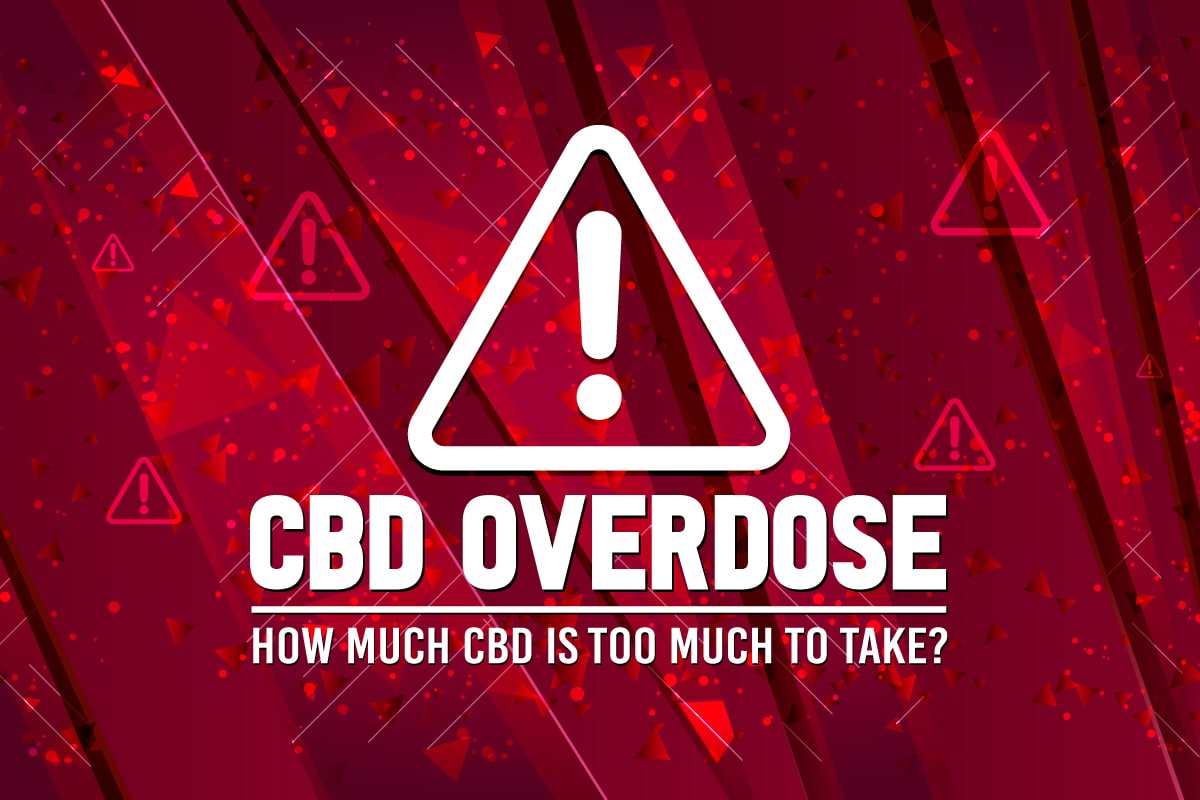
RELATED ARTICLE: How much CBD is too much to take?
Switch CBD brands
Underperforming CBD may be due to the product you are taking. Consider trying another brand, like high-quality, high-potency CBD from Cannabiva. Our True Full Spectrum CBD oil tinctures are loaded with up to 200% more minor cannabinoids — including CBDV (Cannabidivarin), CBN (Cannabinol), CBG (Cannabigerol), and CBC (Cannabichromene) — and up to 90% more terpenes than other CBD products.
Research studies show the more cannabinoids and other hemp plant medicines in your CBD, the better it works through a natural phenomenon that scientists call the entourage effect.
See exactly what you’ve been missing with true full spectrum CBD oil tinctures from Cannabiva.
Take a CBD tolerance break
Even though research shows no effects of tolerance development in clinical trials, we are each unique, and not everyone will have the same experience with CBD.
Often called a “T-break,” this deliberate pause from using a substance may help to increase sensitivity and reduce tolerance to it, as researchers have observed with caffeine, THC, and certain prescription drugs.
CBD does not cause addiction or withdrawal symptoms. However, abruptly stopping CBD may increase the chances that your wellness concerns return over time as CBD is broken down and removed from the body.
Your CBD tolerance break can range from a few days to several weeks. Note that CBD stays in your system for up to 30 days. But the actual amount of time CBD lingers in your body depends on the length of time you take it, how much you take each day, and other factors like your body weight and body composition (i.e., percentage of body fat compared to lean muscle mass).
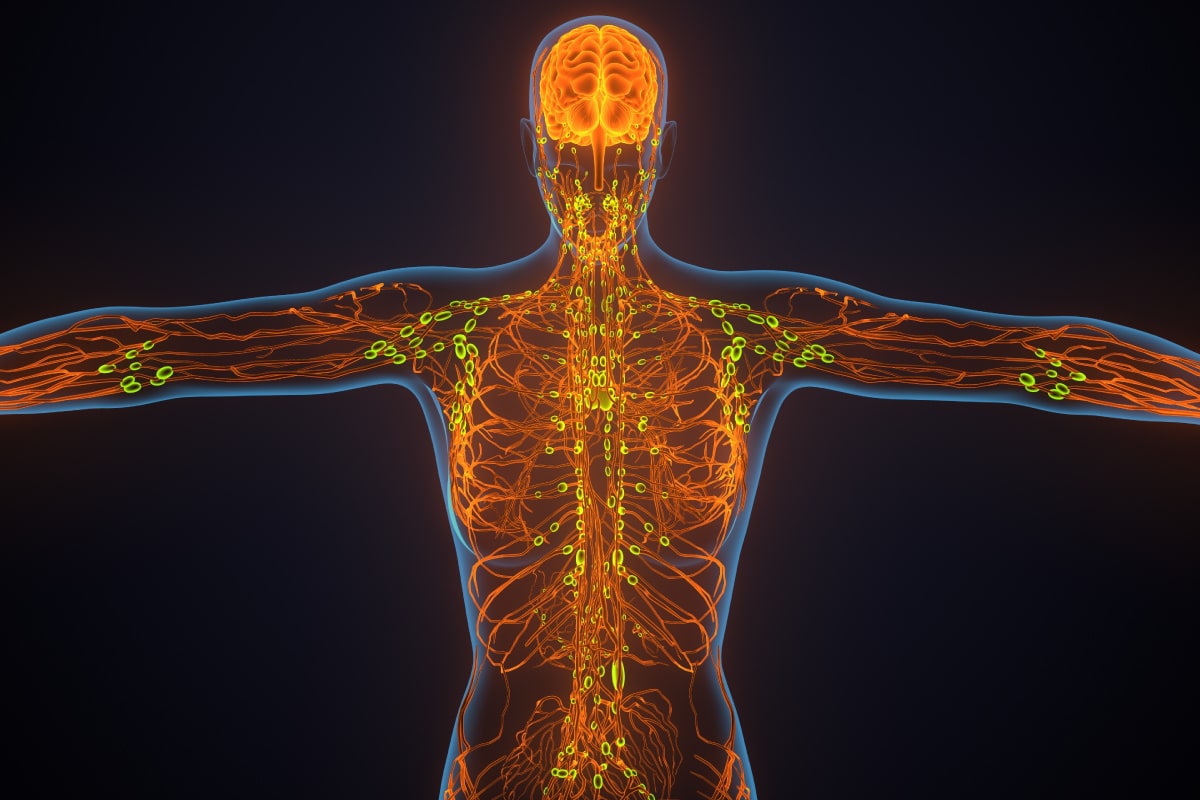
RELATED ARTICLE: How long does CBD stay in your system?
Talk to your doctor
Generally, if your condition stays the same or worsens after taking CBD as directed for at least two weeks, you should consult with a licensed medical practitioner for advice. This holds true if you’ve been taking CBD for longer, too. Talk to your doctor anytime you experience changes in your physical symptoms or health state.
What’s the best CBD dose
Finding the right CBD dose can make all the difference to the CBD benefits you feel. Sometimes, what looks like CBD resistance or tolerance may be related to not taking enough CBD. The good news is it’s never too late to change your daily CBD dose! Titration is what you call it when you adjust and moderate your CBD intake until you find the right dose. It’s the best way to get your CBD benefits back on track if they seem to have faded with time.
Why do I have a high tolerance to CBD?
You are unique! If you think you have a high tolerance meaning you need more than the average CBD dose, consider that the best CBD dose depends in part on your body weight. For us bigger people, it may sometimes add up to much more CBD than the average dose of 25 to 50 mg per day that users are generally instructed to take. Often, what appears to be CBD resistance or tolerance may be due to an insufficient dose that doesn’t account for your current weight.
How THC and CBD may affect tolerance
When it comes to THC, the psychoactive compound in cannabis, users can undoubtedly build a tolerance over time. However, CBD doesn’t bind to endocannabinoid receptors in the same way as THC, so it cannot cause tolerance-building effects.
Cannabis-derived hemp products like full spectrum CBD have very low levels of THC (less than 0.3% THC on a dry-weight basis). These are extremely tiny amounts of the psychoactive chemical, so they cannot get you “high” or “stoned.” However, taking CBD and THC together may have other positive effects, such as increasing total CBD concentration in the blood, according to one study.
Further research shows similar results when combining CBD and THC doses. Some studies even show THC combined with other minor cannabinoids, like CBN, CBG, and CBC in your CBD extract, amplify its benefits through a natural phenomenon scientists call the entourage effect.
What happens if you take CBD every day?
Taking CBD daily promotes potential benefits for common wellness concerns like over-active stress response, occasional anxiety, minor aches and pain due to age and overuse, inflammation, sleep/wake balance, and so much more!
Hemp-derived CBD is non-toxic and safe to use, with less than a one-half percent (<0.5%) incidence of side effects, according to Cannabiva CBD usage statistics. Reported side effects may include dry mouth, gastrointestinal upset, and drowsiness. Allergic reactions are not commonplace but talk to your doctor first if you have other food or drug allergies.
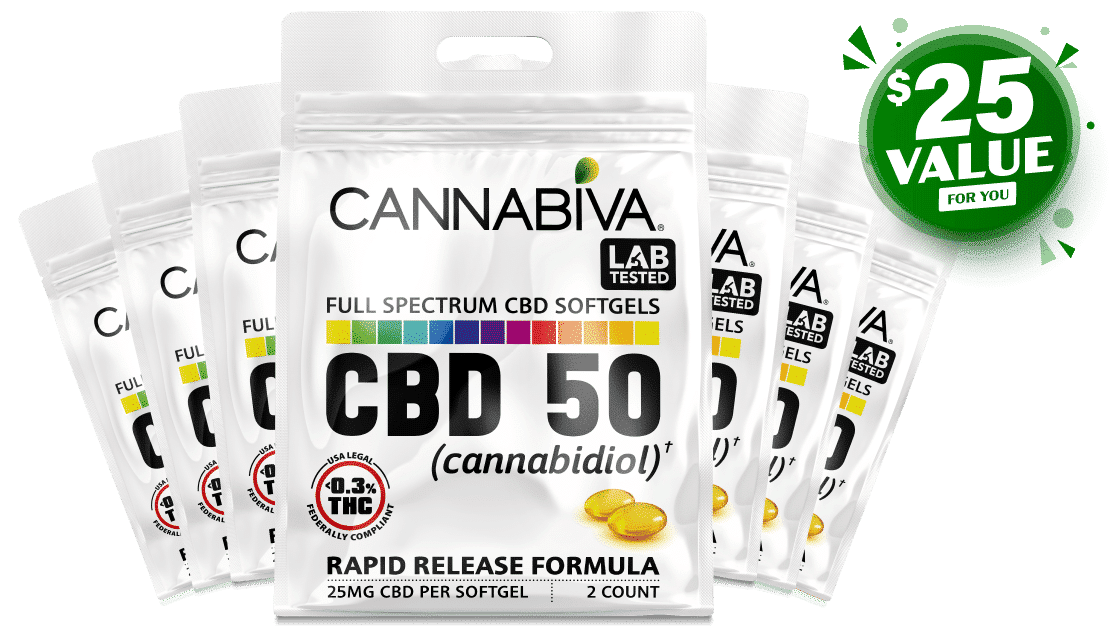
FREE CBD OFFER: Claim your 7-day free CBD samples now
Final thoughts on CBD tolerance
CBD losing effectiveness over time is a valid concern. But it’s important to understand that tolerance to CBD is not a factor in the event your benefits fade.
Here are the most likely causes to consider if your CBD just isn’t giving you the same benefit it once did:
- Dosage range
- Physiological or health changes
- CBD quality issues
Stay informed, listen to your body, and remember that sometimes it takes some patience and a little tweaking to get things back on track.
CBD Tolerance FAQ
Check out more answers to frequently asked questions about CBD products below. Live chat a Cannabiva Wellness Advisor if you need answers to questions we haven’t explored today.



